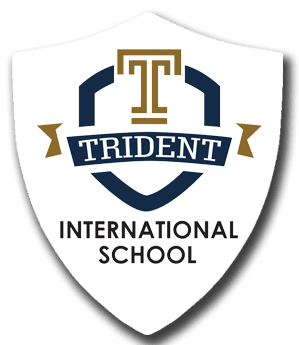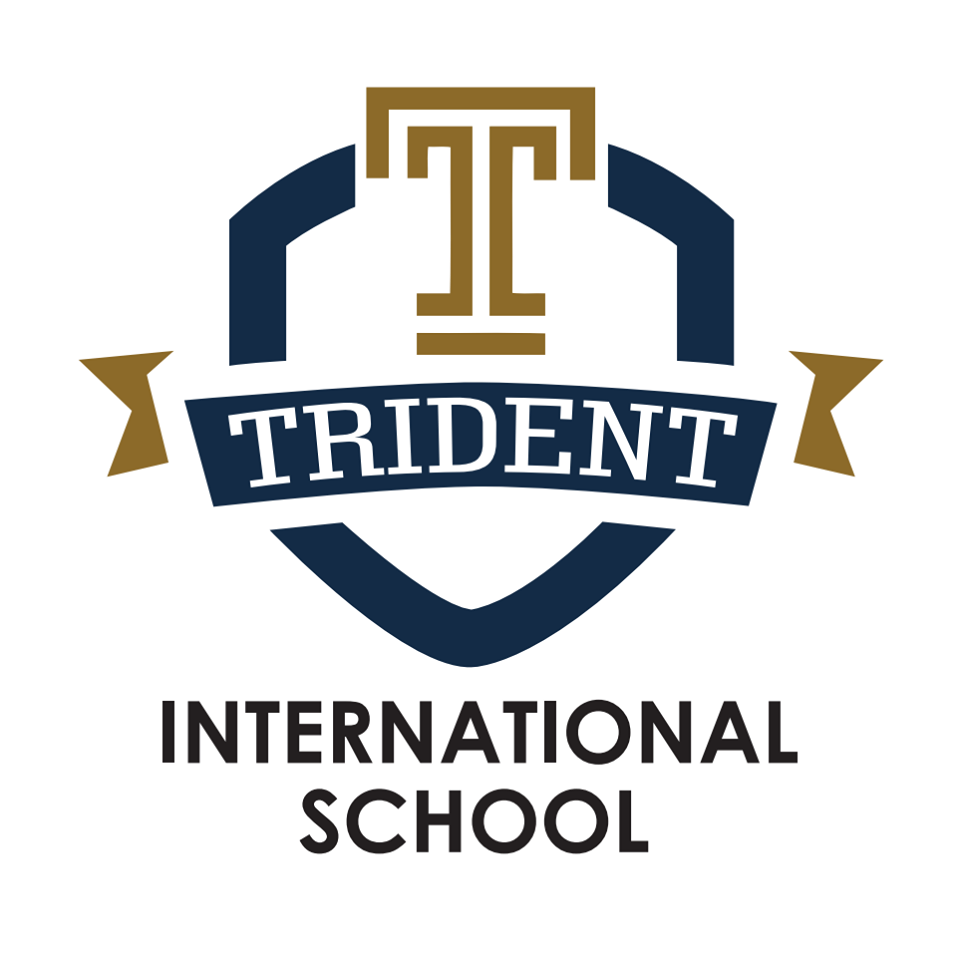
Academics
Trident provides IGCSE curriculum which helps to improve performance by developing skills in creative thinking, enquiry and problem solving.
Safety and Security:
Uncompromising approach in providing safety and security with adequate resources at campus.
Curriculum
The curriculum has all the planned activities that we as a school organize in order to promote learning, personal growth and development. It includes, not only the formal requirements of the International Curriculum, but also the range of extra-curricular activities that the school organizes in order to enrich the experiences of our children. It also includes the ‘hidden curriculum’, or what the children learn from the way they are treated and expected to behave. We aim to teach children how to grow into positive, responsible people, who can work and co-operate with others, whilst developing knowledge, skills and attitudes to learning, in order that they achieve their true potential.
VALUES
At TRIDENT INTERNATIONAL School we strive to enjoy our learning and make it as much fun and as meaningful and relevant as possible. We offer children an excellent education in a safe, calm, creative, inclusive and stimulating environment. Every child is valued as an individual; we aim to nurture well rounded, respectful and confident children who will develop skills for life-long learning. We nurture our children on their journey and encourage them to be creative, unique, open-minded and independent individuals, respectful of themselves and of others in our school, our local community and the wider world.
Aims
At TRIDENT INTERNATIONAL SCHOOL, we aim to offer a balanced and broad based curriculum which enables all pupils to:
- Enjoy learning
- Feel successful in their learning and to promote high self esteem
- Become creative and independent learners
- Be given significant time to learn new skills and have time to practise those skills
- Have the flexibility to decide how best to learn in different situations
- Have the flexibility to decide what they are going to learn and how
- Be given the opportunity to decide upon the final outcome of their learning
- Be able to set own targets for learning
- Know what their strengths are and which areas they need to develop
- Become successful lifelong learners who are able to reach their full potential
- Be able to evaluate and assess their own learning
- Develop their critical thinking
- Understand and value the importance of truth, fairness, right and wrong
- Nurture positive relationships promoting working co-operatively with one another
- Help children understand National cultural heritage
- Explore their spiritual, moral, cultural, mental and physical development
- Learn and practise the basic skills of English, Mathematics and Computing
- Makes learning more meaningful by putting it into context
- Challenge themselves and engage themselves in deeper learning
All teachers are responsible for planning, evaluating and teaching in their classes. The Curriculum stipulates the expectations which form the long-term plan from which the teachers write medium term plans to achieve balance and coverage over a term or half term. The more detailed weekly/fortnightly short term planning will focus on the teaching process. A planning proforma is used throughout the whole school to focus learning expectations and for teachers to map the sequence of learning clearly showing differentiation, teaching assistant direction, vocabulary development and resources required.
Class teachers meet regularly to ensure continuity of provision and moderation in terms of expectations and outcomes across the year groups. Short term plans outline the individual lessons and adaptations made for individual classes and children along with assessment opportunities and expected outcomes. Particular attention is given to clear and appropriate differentiation, progression and attainment at this point in the planning process.
Assessment, Recording, Monitoring and Evaluation
Short and medium term assessment is the responsibility of the class teacher and is in line with the assessment policy and the SPTO facility. However, teachers will use informal assessment and observation on a daily basis to determine what children can do independently and therefore plan next steps for learning.
The roles of the Subject Leaders
- provide a strategic lead and direction for the subject;
- support and offer advice to colleagues on issues related to the subject;
- support staff development and improve the quality of teaching and learning over time;
- monitor pupil progress in that subject area by working alongside colleagues, book looks, pupil interviews, lesson observations and planning scrutiny;
- monitor and evaluate teacher’s planning and teaching;
Home Learning
- Home learning is given in line with our school policy in English, maths and The Learning Challenge Curriculum. All home learning is given to the children in paper format and is accessible on the school app.
Enhanced Provision
- We aim to enrich our pupils’ lives by offering a variety of non-statutory extra-curricular experiences (clubs, visits, visiting speakers, sporting events etc). In addition we seek to enhance our pupils’ learning through developing positive two-way relationships with our local community.

